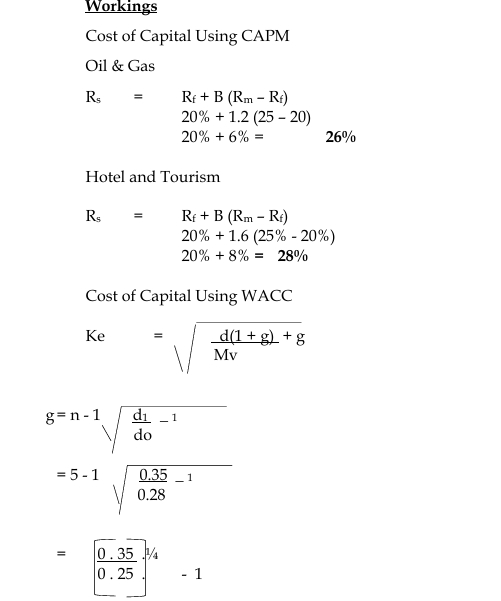- 10 Marks
Question
b) Understanding the client’s business environment is critical to understanding the client’s business. There is a need for this because the objectives of commercial organizations are different from that of not-for-profit organizations (NFPOs). The inherent control weaknesses for both forms of organizations may not be the same.
Required:
Explain FIVE (5) control weaknesses inherent in NFPOs. (10 marks)
Answer
b) Control weaknesses inherent in NFPOs include:
- Segregation of duties (this may be difficult in a small NFPO with only a few employees).
- Authorization of spending is often concentrated in one person or few people.
- Controls over cash disbursement are sometimes absent.
- Controls over income (donations, cash collections, membership fees, grants) are weak.
- Use of funds may not always be directly related to the growth or operational purposes of the entity.
- Tags: Internal Control, Non-Profit Organizations, Risk, Weaknesses
- Level: Level 2
- Uploader: Dotse

